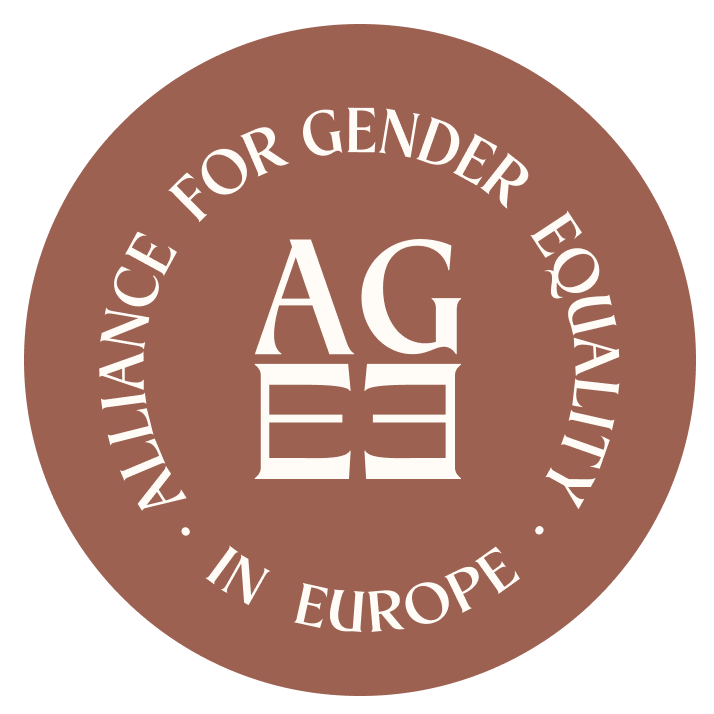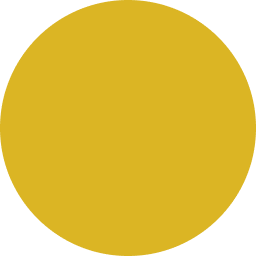Our current and past grantee partners.
See all of our grants awarded since 2021.
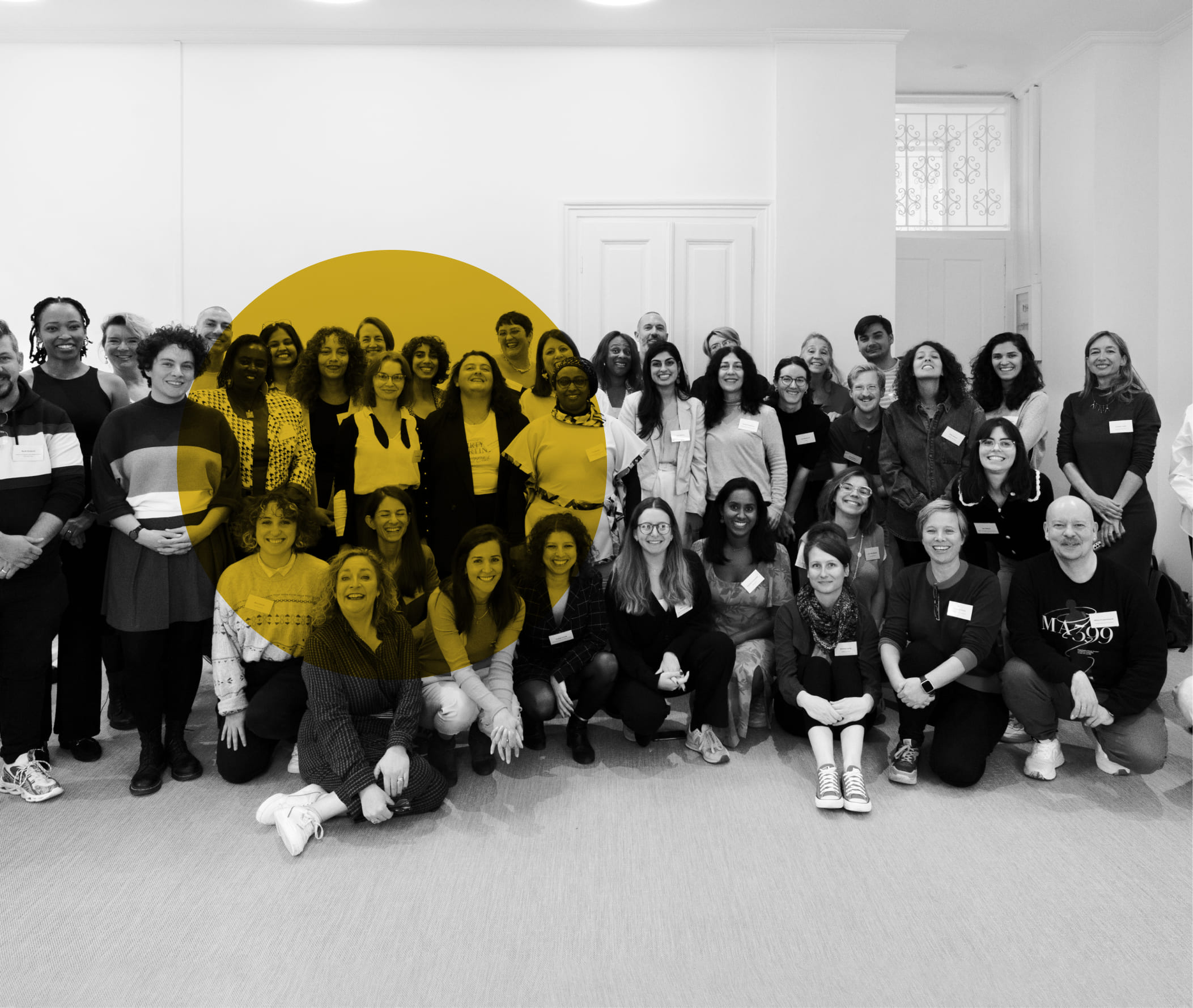
Economic opportunities
JPMorgan Chase exclusively partners with the Alliance on the Economic Opportunities Fund.
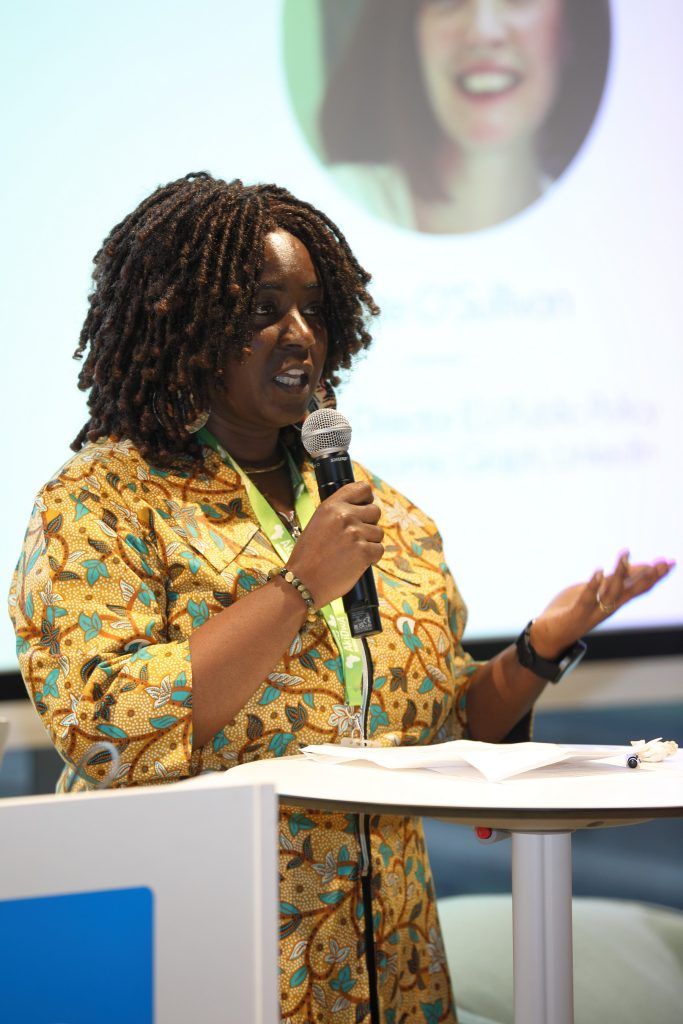
AkiDwA: Akina Dada wa Africa
AkiDwA is a self-led migrant women’s organisation in Ireland dedicated to promoting equal opportunities. Their project aims to continue their existing program and introduce new activities, including professional soft skills training, building partnerships with companies to organise learning visits and job matching, and establishing a young migrant women’s network for mentoring and social networking.
Duration: 2 years
Location: Ireland
Type: Project support
Amount: €120 000
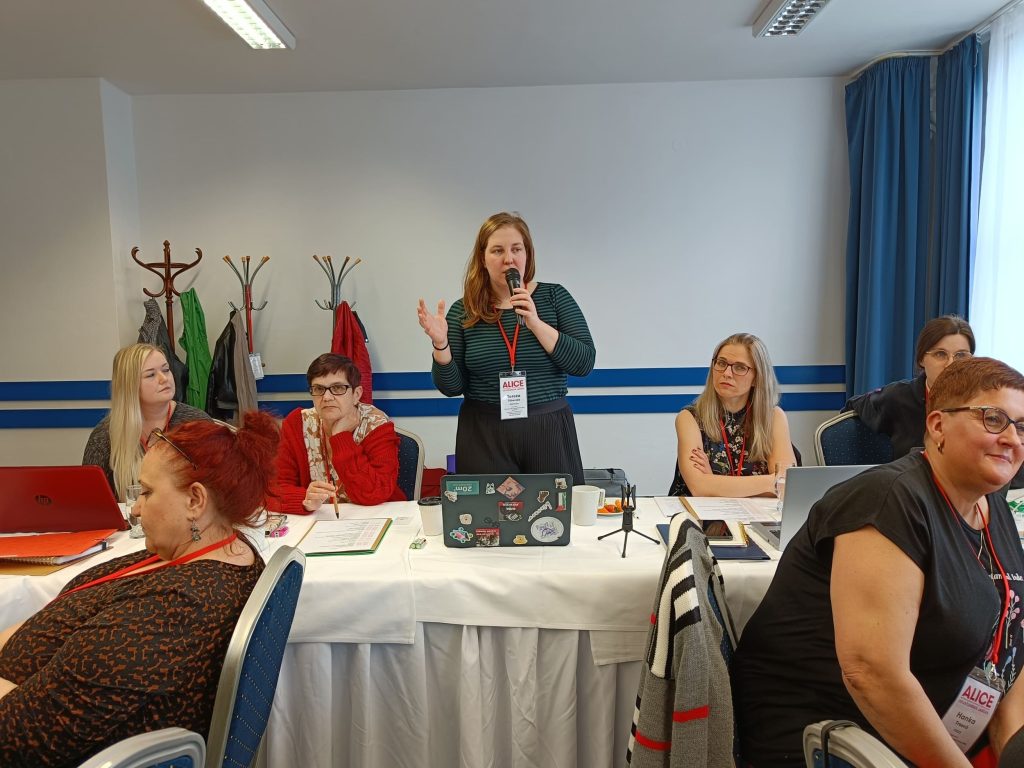
ALICE
ALICE is a union of care workers in the Czech Republic that organises, trains, and advocates for fair wages and improved working conditions nationwide. The organisation brings together marginalised Czech and migrant care workers, empowering them to engage in social dialogue, advocate for better working conditions, and bridge barriers. ALICE offers leadership training, peer-to-peer mentoring, and alumni networking to support these goals.
Duration: 2 years
Location: Czech Republic
Type: Core support
Amount: €150 000
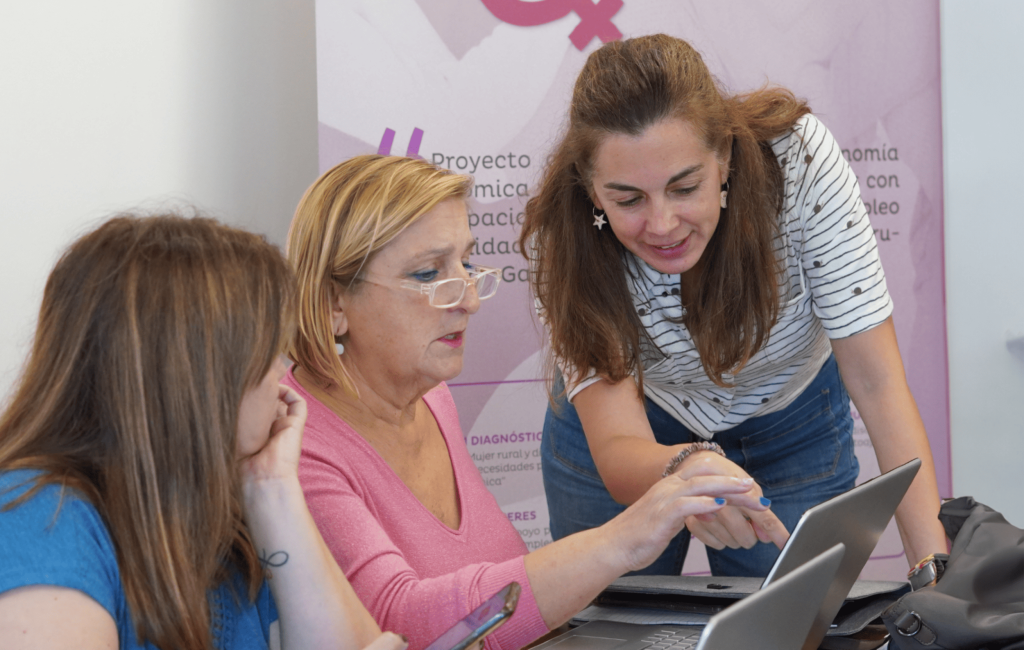
AMICOS Foundation
AMICOS is boosting the socio-economic inclusion of people with disabilities. Their project aims to improve opportunities for decent employment in the green economy for rural women with disabilities through vocational training, job seeking, psychological support, and working with inclusive companies in the green sector that offer training and job placements.
Duration: 2 years
Location: Spain
Type: Project support
Amount: €135 882
Opportunity and Emergency Grants
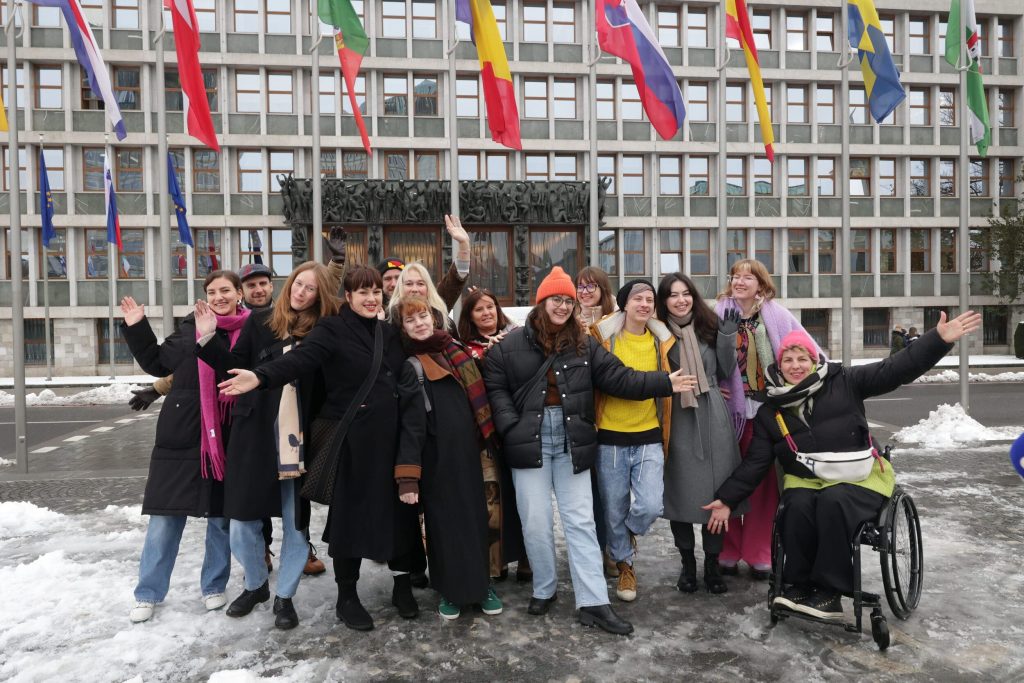
My Voice, My Choice
My Voice, My Choice campaigns for the fundamental right to reproductive health across Europe. It has collected over 1 million signatures across the EU for a European Citizens’ Initiative, calling on the Commission to propose concrete measures ensuring that everyone in the EU has access to safe abortion care. The initiative is also building a pan-European coalition of over 300 organisations, while cultivating a strong and diverse network of volunteers.
Duration: 6 months
Location: Europe
Type: Core support
Amount: €100 000
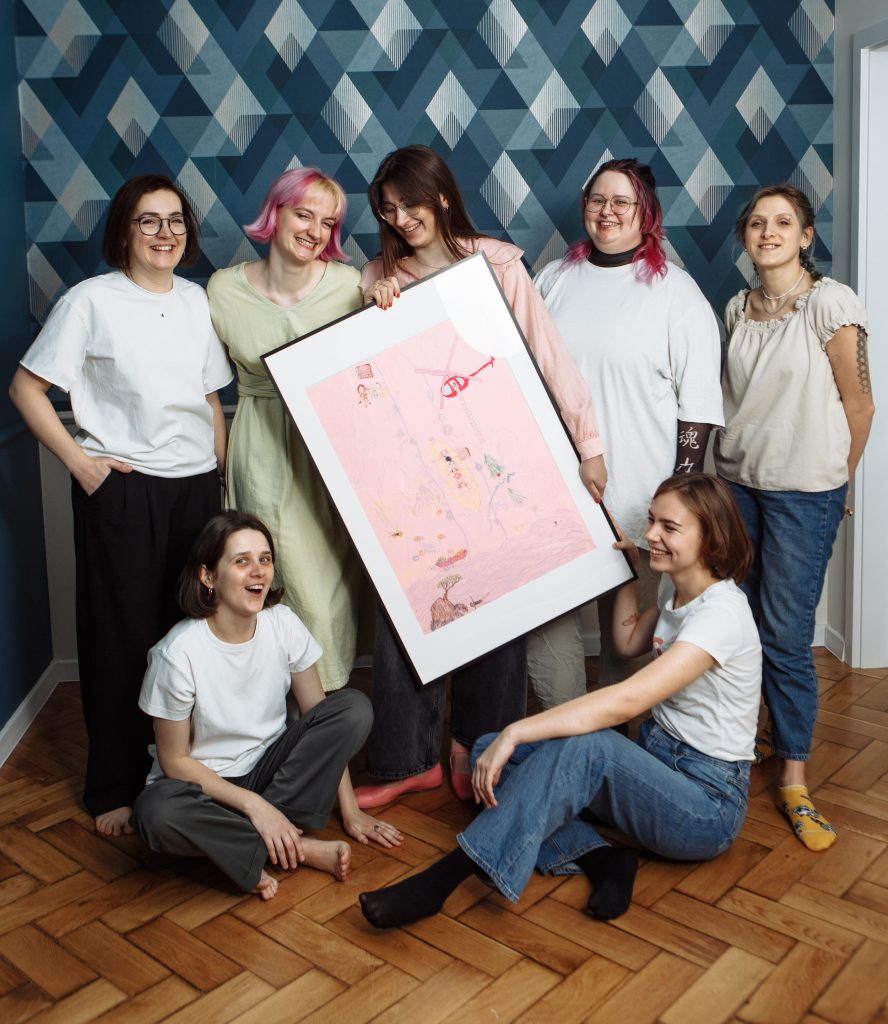
Martynka
Martynka is a grassroots initiative by and for Ukrainian refugees in Poland. It operates a 24/7 Telegram hotline for evacuees, helping victims of sexual violence obtain legal, medical, and psychological support. Through an educational campaign tailored specifically for Ukrainian refugees, Martynka also shares information about sexual health and legal rights on social media.
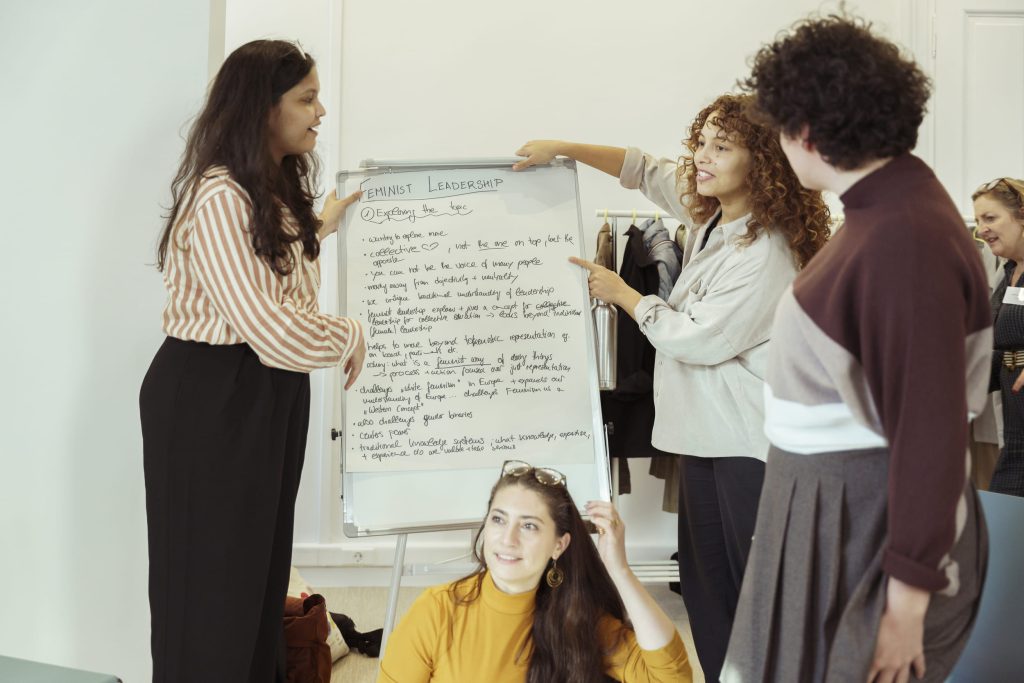
FairShare
FAIR SHARE is changing the social impact sector by monitoring the representation of women leaders and providing resources on feminist leadership. In collaboration with the One Future Collective, they are piloting the Feminist Leadership Hub, a virtual platform where civil society practitioners can share and access resources, experiences, and ideas on feminist leadership. All our grantees have access to it as part of our commitment to strengthen their capacities.
Duration: 15 months
Location: Germany
Type: Project support
Amount: €50 000
Movement Building

Seven European women’s funds
Women’s funds support and strengthen women’s rights groups and movements. The aim of this pilot grant is to strengthen programmes and synergies of seven women’s funds as movement strengtheners in Southern and Eastern Europe through the development of new know-how, skills and approaches; organisation of peer exchanges for learning and strategising; and facilitation of grantee meeting spaces to build trust, healing and alliances.
Duration: 12 months
Location: 10 countries in Southern and Eastern Europe
Type: Project support
Amount: €200 000
Covid Solidarity Fund
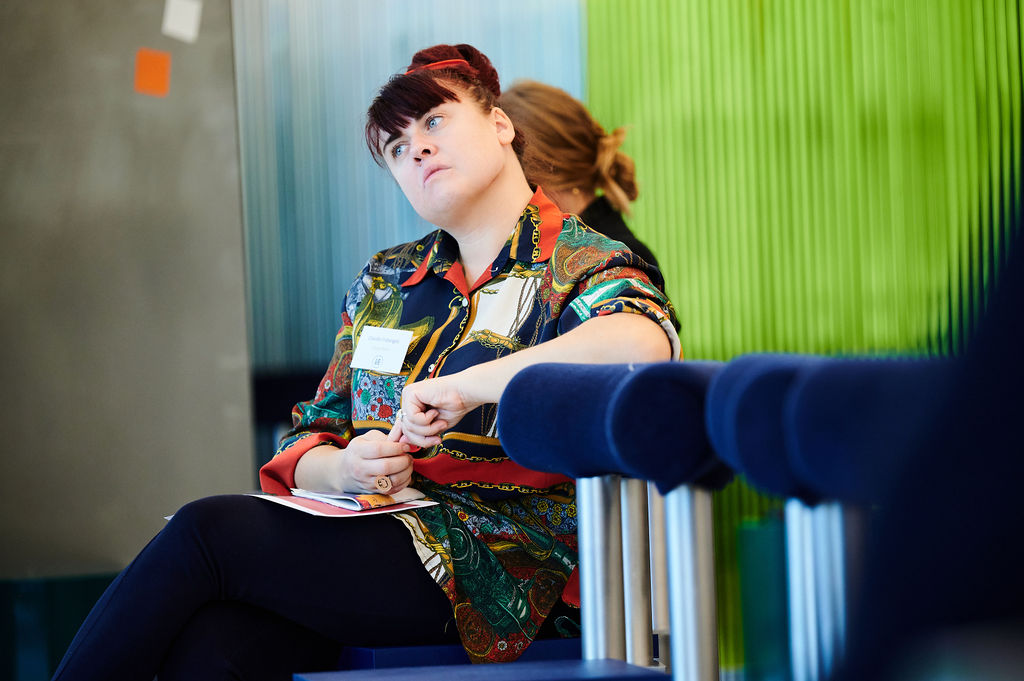
CHAYN ITALIA
CHAYN ITALIA is an open-source project that leverages technology to empower women against violence and oppression. The project shared knowledge and provided practical advice on gender-based tech-enabled abuse to frontline workers. CHAYN ITALIA improved the ability of 75 caseworkers to recognise and respond when tech-enabled abuse occurs.
Duration: 13 months
Location: Italy
Type: Project support
Amount: €50 000
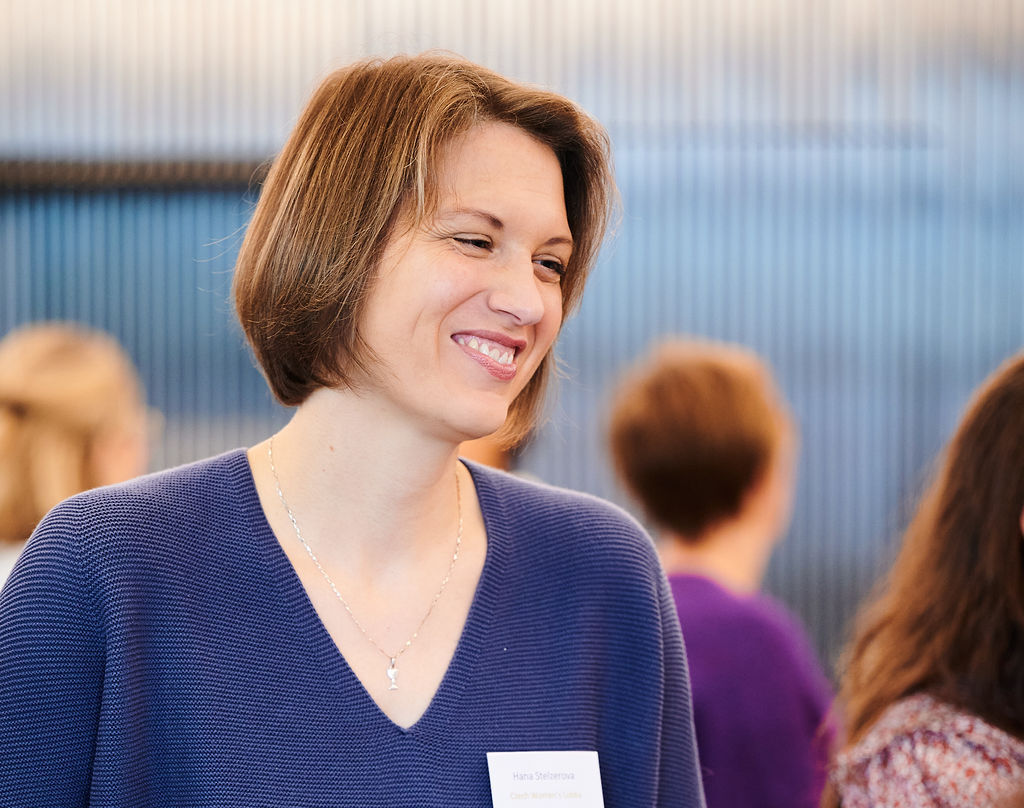
Czech Women’s Lobby
The Czech Women’s Lobby is an umbrella organisation representing 36 groups dedicated to advocating for laws that improve women’s lives, promote gender equality, and support disadvantaged women. Their project successfully integrated a gender perspective into responses to major crises, including the COVID-19 pandemic, the energy crisis, and the war in Ukraine, which mainly affected women and their children arriving in the Czech Republic.
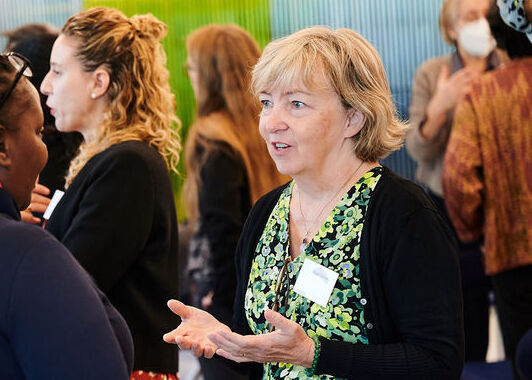
Ecumenical Women’s Initiative (EWI)
Through its grantmaking programme, EWI ensures women’s and girls’ grassroots organisations in Croatia (and in five other countries in southeast Europe) have access to resources to build their resilience as civil society actors. EWI successfully made 78 grants to women-led CSOs and feminist scholars in the project region, the largest number of grants to date and a 15% increase from 2021. This included 7 COVID-19 response grants.
Duration: 12 months
Location: Croatia
Type: Core support
Amount: €50 000
